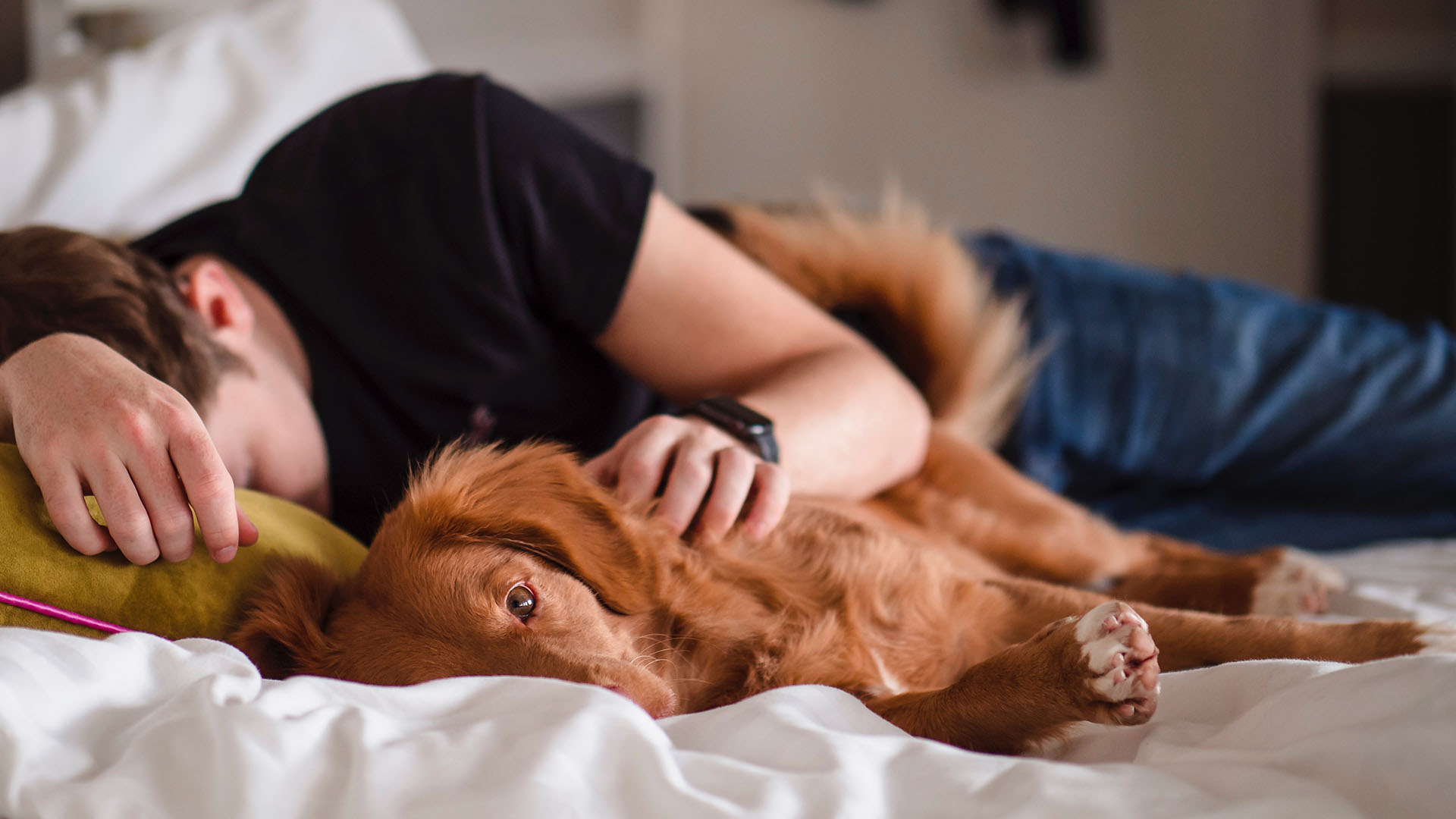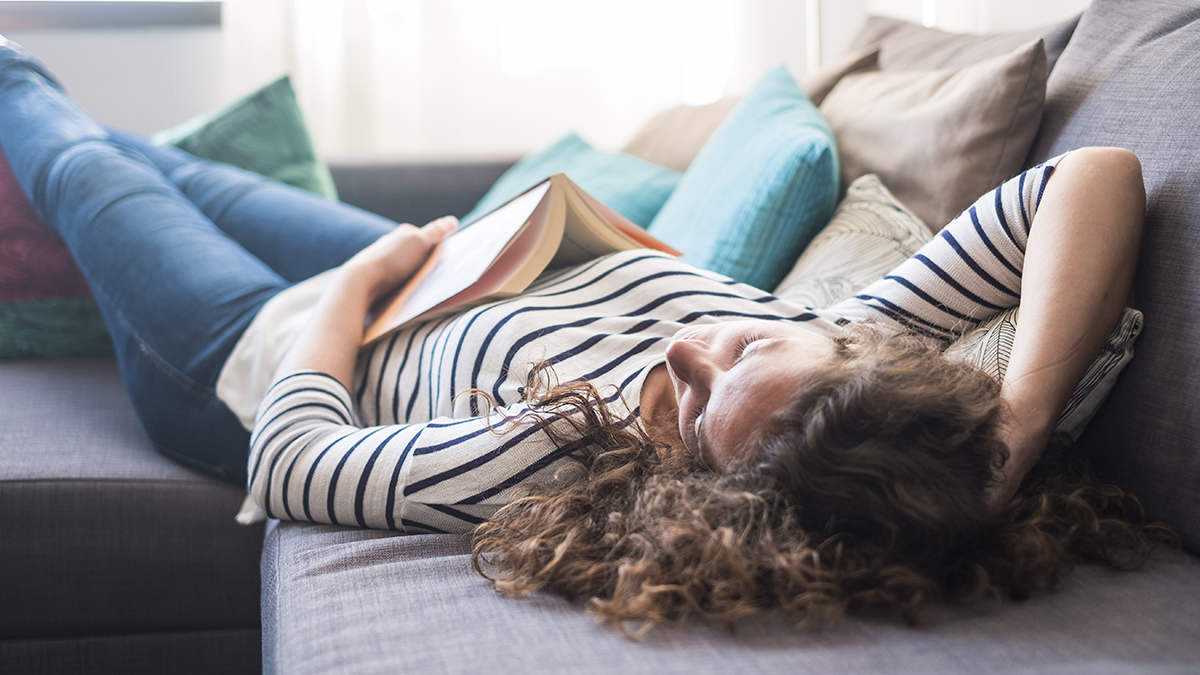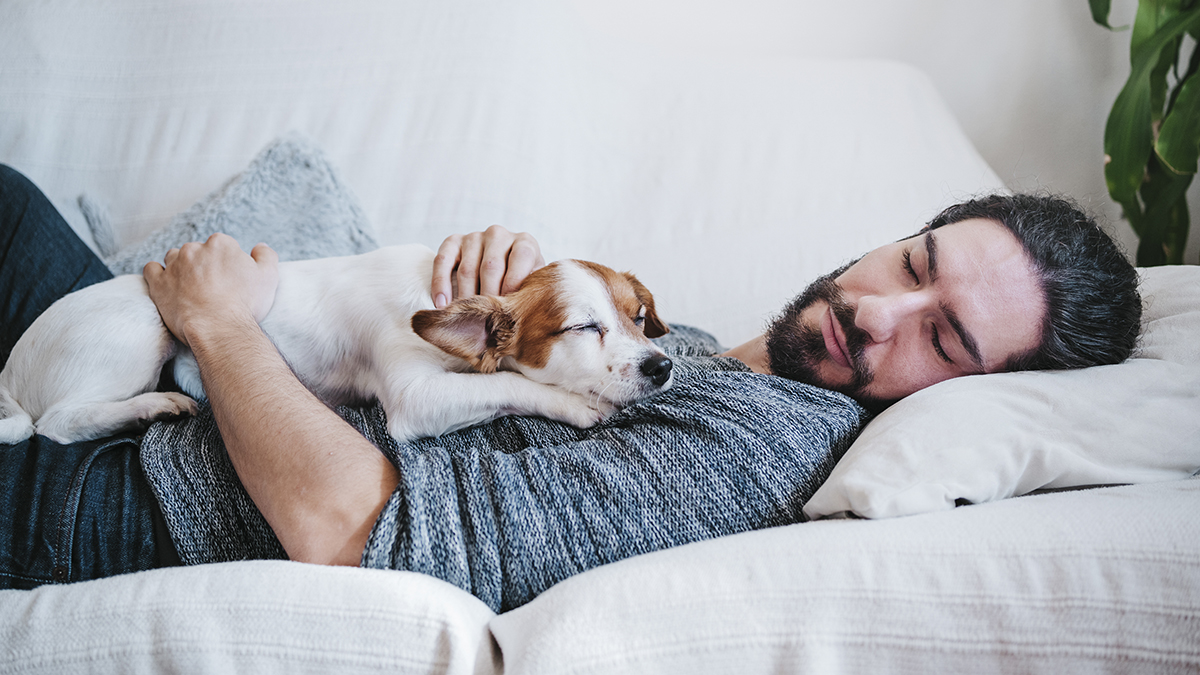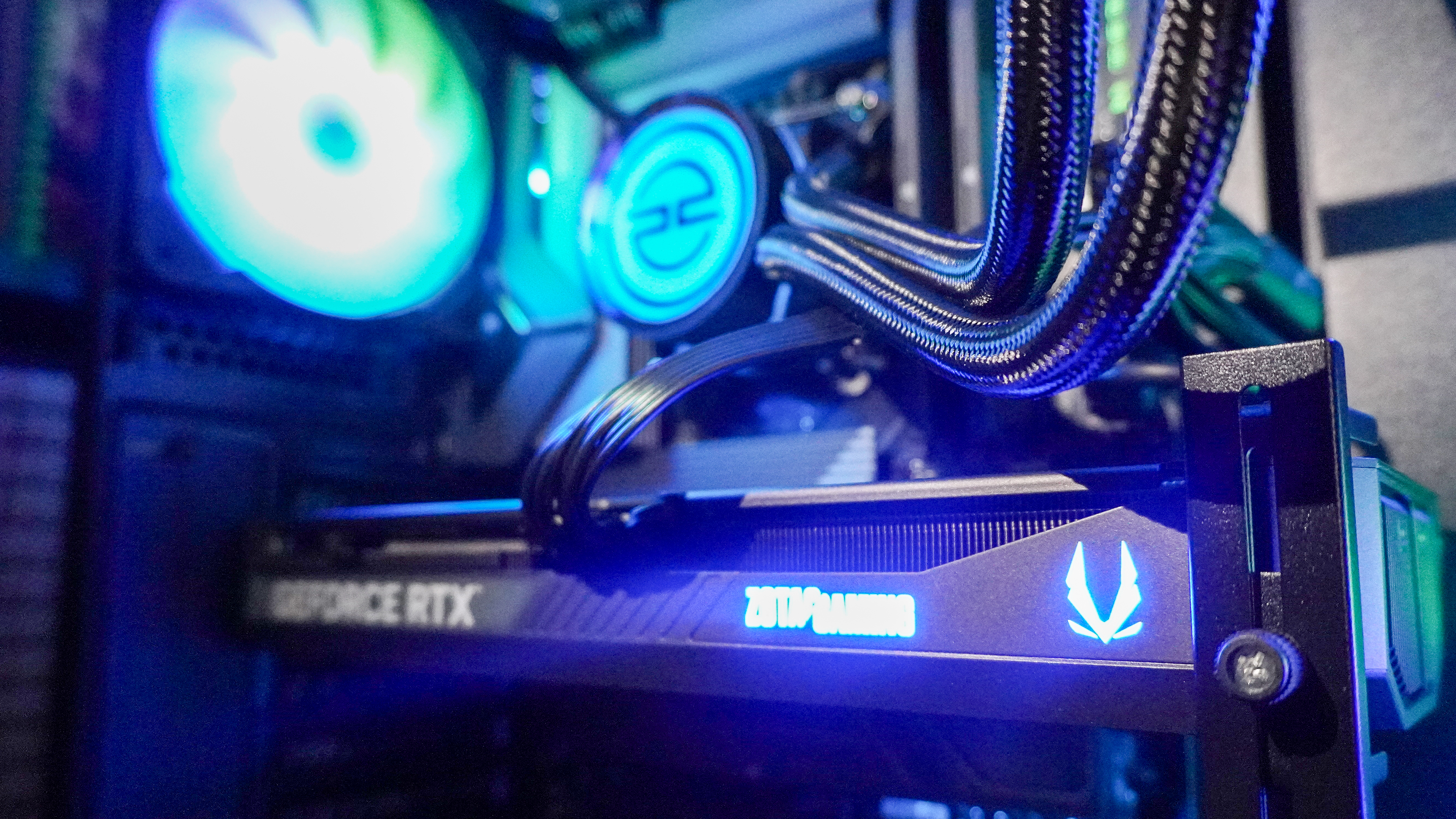TikTok sleep doctor shares how to nap and still sleep well at bedtime
Learn how to nap the smart way with top advice from TikTok

Want to know how to nap during the day and still get a great night’s sleep? Sleep Doctor Jessica Cho MD shares how to do just that with her TikTok on How to take a nap.
In the video, the LA-based doctor reveals how long to nap, when to nap, what the effects will be on your sleep later that night, and the two essential items you can use to help you take your best naps yet. She also shares an extra tip about playlists, and some surprising advice about coffee and sleep.
Where you nap can also make a difference, so make sure you pick a quiet, comfy spot where you’re less likely to be disturbed. Or if you’re at home, make sure your bedroom is set up for sleeping. If your bed has seen better days, consider investing in the best mattress for your budget, and a new comfy new pillow too.
@jesschomd ♬ original sound - Jessica Cho, MD
How to nap and still sleep well at bedtime
As a busy MD, Dr Cho needs to stay focused, refreshed, and good to go at all times. But if she doesn’t get good sleep before a night shift, she often relies on naps to get the rest she needs. Over on TikTok Dr Cho shares some great advice on how you can nap better and smarter.
This includes:
- Naps are best when they’re about 20 minutes in duration
- If you’re a shift worker, nap right before your shift – if not, you can take them between noon and 2pm as this won’t interfere with your circadian rhythm (natural body clock)
- If it helps, use earplugs and an eye mask to block light and noise
- A ‘sleeping playlist’ of music or sounds might help you drift off
- Jessica’s final piece of reassuring advice is “don’t worry about taking a nap, because it’s just a nap”
One surprising reveal in the TikTok video was that Dr Cho drinks a little bit of coffee right before her nightshift naps, so that when she wakes, she’s “ready to go”. This is known as a caffeine nap and it can be very effective if you do it correctly.
- How much sleep do adults need: America's leading sleep doctor answers
How long should a nap be?

If you aren’t sleeping well at night, you’ll feel more inclined to nap in the day. But there are benefits to having a power nap earlier in the day even if you are well-rested at night.
Sign up to get the BEST of Tom's Guide direct to your inbox.
Get instant access to breaking news, the hottest reviews, great deals and helpful tips.
According to Dr Cho, the perfect nap should be around 20 minutes long.
And other experts agree, with staff at The Mayo Clinic saying anything longer than that and the “more likely you are to feel groggy afterward.”
However, they do say “young adults might be able to tolerate longer naps.”
They also agree with Jessica’s advice of napping between 12-2pm, as “napping after 3pm can interfere with nighttime sleep”.
Some other accredited sources, such as MedicineNet, consider a 15-30-minute nap to be a ‘power nap’ and say that a “90-minute nap per day improves your mental and physical function, response time and cognitive ability.” They do, however, warn that “a two-hour nap may leave you feeling groggy and hamper your normal sleep cycle.”
Are naps good for you?
If you tend to get sleepy during the day or often feel your concentration or alertness fading, then napping may be the ideal solution to help you stay focused. According to the National Sleep Foundation’s guidelines, “nap time reduces daytime sleepiness, as well as boosts learning and performance. For shift workers, naps can improve alertness and reaction times.”
There are plenty of other benefits to taking short sleep breaks too, with napping said to improve your memory, ease stress and even make you more creative.
But not everybody benefits from napping, and if you feel less than refreshed after taking one, the National Sleep Foundation recommends simply napping for less than 20 minutes if you do happen to feel tired during the day.
Do naps count toward your overall sleep?
Naps do not replace sleep as such, and are only intended to reduce tiredness and increase mental alertness during the day. Napping after 2pm and too close to your normal bedtime could also mean you may have trouble falling asleep at night.
The Mayo Clinic says, “Short naps generally don't affect nighttime sleep quality for most people. But if you experience insomnia or poor sleep quality at night, napping might worsen these problems. Long or frequent naps might interfere with nighttime sleep.”
It’s also worth knowing that the quality of sleep you get during a nap may not be as high quality as the sleep you get when you sleep for longer during the night. In short, even if you do nap during the day, you should still aim to get a decent amount of sleep every night. We touch on this further in our feature answering how to fix your sleep schedule.

Creating the perfect nap spot
As mentioned earlier in this article, where you nap can make or break how refreshing it is. If you’re at home, you can nap on the couch or head to bed and curl up under that cozy comforter. When napping at work, try to find a quiet break room or even head out to your car for a 20-minute power nap. Eye masks and earplugs can help block out noise and sounds, as long as you are in a safe space to use them.
If your bedroom is too bright or noisy in the day, read our tips on how to optimize your bedroom for sleep and napping. To boost the comfort of an older bed, also take a look at our best mattress toppers guide, or take the pressure off sore joints with a comfy memory foam mattress.
Overall, don’t be afraid to take a power nap – just be smart about when you nap and for how long so that you can sleep well at night too.
Grace is an experienced sleep writer and mattress reviewer who also contributes to our sister site TechRadar, among other Future plc brands. She's a big fan of organic sleep products and has recently invested in a wool mattress topper that she quite happily describes as "life-changing." (Hey, we're serious about our sleep products). When she isn't testing mattresses or writing about sleep, Grace enjoys reading and creative writing, and incorporates meditation and yoga into her wellness routine.

